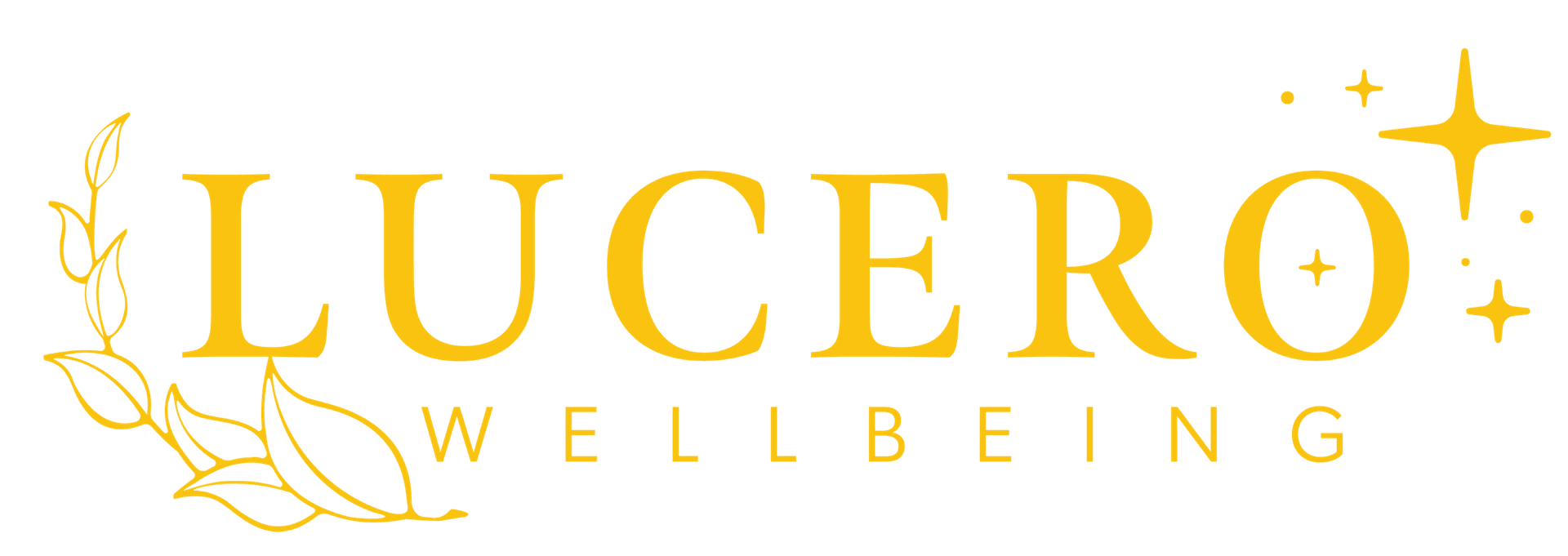Guidance for New EMDR Practitioners
EMDR Consultation for Certification
Guidance for New EMDR Practitioners Embarking on your journey toward EMDRIA Certification is one of the most meaningful steps you can take as a clinician. EMDR is a powerful, evidence-based approach that requires not only technical skill but deep understanding, compassion, and clinical attunement. At Lucero Wellbeing, we believe that consultation should be both rigorous and nurturing. Under the guidance of Dr. Luz Robles, you’ll receive individualized feedback, case conceptualization support, and real-time skill refinement designed to help you build confidence and competence in every phase of the EMDR process. Dr. Robles brings over 25 years of experience as a Licensed Psychologist (NV & CA), LCSW, Certified Neuropsychologist, and EMDRIA Consultant-in-Training. Her approach integrates trauma-informed care, attachment theory, and neuroscience—helping clinicians understand not just how EMDR works, but why. Choose a consultation path that fits your learning style and schedule, and take the next step toward becoming a fully certified EMDR practitioner.
Consultation Options
What is EMDR
- Healing from the past
- Gentle eye or tapping movements
- Feeling calmer and lighter
Eye Movement Desensitization and Reprocessing (EMDR) therapy is a structured, evidence-based form of psychotherapy designed to help individuals process distressing memories and experiences that continue to cause emotional pain. Developed by Dr. Francine Shapiro, EMDR helps the brain “reprocess” traumatic or overwhelming memories so they are no longer as emotionally charged or intrusive. During EMDR, a therapist guides the client through sets of bilateral stimulation—such as eye movements, taps, or sounds—while the client focuses on aspects of a troubling memory. This process helps the brain integrate the memory in a more adaptive way, reducing the intensity of emotional reactions and physical distress associated with it.
EMDR is most often used to treat trauma and post-traumatic stress disorder (PTSD), but it has also shown effectiveness for anxiety, depression, grief, panic attacks, and phobias. It is especially helpful for people who have had difficulty finding relief through traditional talk therapies because it works directly with how memories are stored in the brain, rather than requiring the client to talk in detail about the trauma. This can make EMDR feel gentler and more tolerable, particularly for individuals who find recounting painful experiences overwhelming.
Consultation Options
$130 per hour (Virtual)
Best for clinicians seeking:
- Personalized feedback tailored to specific client cases
- One-on-one discussion of clinical challenges and treatment planning
- In-depth exploration of countertransference, case formulation, and therapist attunement
- Targeted preparation for EMDRIA certification review
- A confidential space to process personal and professional growth as an EMDR practitioner
Ideal for:
Clinicians who want a deeper dive into advanced case work, trauma complexity, or who value individualized mentorship and flexible scheduling.
Group Consultation
$125 per group session | $500 full virtual series
Best for clinicians seeking:
- Connection and shared learning with peers in a supportive environment
- Exposure to diverse case presentations and consultation perspectives
- Skill-building through discussion, observation, and guided reflection
- Opportunities to learn from others’ questions, challenges, and clinical insights
- Cost-effective way to complete hours while forming professional connections
Ideal for:
Clinicians who thrive in collaborative environments and wish to develop a broader understanding of EMDR through collective experience.
